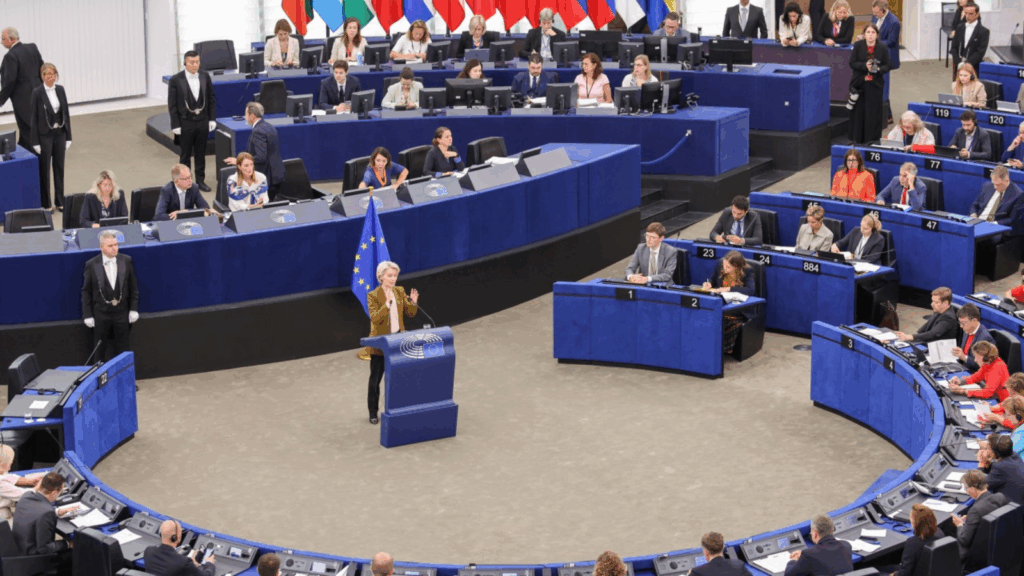Horizon Europe is the EU’s main instrument for investing in research and innovation throughout the 2021-2027 programming period. It addresses global challenges and supports the EU’s twin transitions: the green transition and the digital transformation.
First call
The call is titled “Effective education and labour market transitions of young people” (HORIZON-CL2-2024-TRANSFORMATIONS-01-10).
Expected Outcome:
Projects should contribute to the expected outcomes described in the first and second bullet points, or to the expected outcomes described in the third and fourth bullet points:
- Provide quantitative and qualitative evidence of what determines participation and completion rates in upper secondary and tertiary education, including the long-term impact of the Covid-19 crisis and the role of policies and investments to promote equity and inclusion in education and training.
- Enhanced knowledge base about which policies and practices can promote better informed and more effective educational choices at all levels, including the role of vocational education and training.
- Improved understanding of the long-term impact of the Covid-19 crisis on the transition from education to (vocational) training or from education and training to the labour market of young people across the EU, including through foresight.
- Informed policies and programmes aiming to help the transition from education to (vocational) training or from education and training to the labour market, including in the area of student and graduate international mobility.
Proposals should use quantitative and qualitative methods to analyse transitions between educational levels (including between general education and vocational training) and/or between education/training and the labour market and improve the evidence base for policy decisions by addressing several interrelated research questions, such as: what are the determinants of participation and completion rates in upper secondary and tertiary education and how can they evolve in the post-COVID world? What are the implications of COVID-19 on learning mobility and on graduates’ labour market outcomes? How do education outcomes interact with sources of disadvantage in defining labour market outcomes of young people? How can vocational education and training institutions adapt to the future of education and work, including the digital transition? Proposals should also include the voice of young people and other relevant stakeholders as part of the data collection. Clustering and cooperation with other selected projects under this call and other relevant projects are strongly encouraged.
The budget available for this call is EUR 10 million and the European Commission estimates that projects with a budget of EUR 2-3 million would allow the outcomes to be addressed appropriately. The deadline for the submission is the 7th of February 2024. For more information, please visit the Commission’s website.
Second call
The second call is named “Strengthen economic fairness and resilience of active labour market policies and address high unemployment” (HORIZON-CL2-2024-TRANSFORMATIONS-01-02).
Projects should contribute to all of the following expected outcomes:
- Improved understanding of macro effects of labour market policies on general equilibrium including displacement and substitution effects;
- Improved skills strategies and skill development, also at sectoral level, during periods of economic downturn benefitting from lower opportunity costs;
- Improving policy design to increase labour market participation and employment in a context of high unemployment and high number of job vacancies, notably in low and high skilled jobs.
Research activities may focus on the response of public authorities to the COVID-19 crisis and estimate their effectiveness including displacement and substitution effects. Alternatively, research could also focus on the participation of persons coming from a vulnerable socio-economic background or from regions with a high degree of unemployment (e.g. people at risk of poverty, people coming from rural communities) to active labour market policies with an aim to mapping barriers and policy responses to increase their participation. Research could also focus on the impact of active labour market policies while incorporating a gender dimension. Another research avenue could be analysing the role of active labour market policies within broader exercises to rethink employment and income protection with an aim of underpinning synergies that enhance their effect, e.g. the interplay between active labour market policies and housing allowances in the housing first approach.
Where relevant, activities should build upon existing research, draw lessons from recent policy interventions in a contextual and transdisciplinary manner and propose adjustment measures, or test them through social innovation experiments. Clustering and cooperation with other selected projects under this call and other relevant projects are strongly encouraged.
The budget available for this call is EUR 10 million and the European Commission estimates that projects with a budget of EUR 2-3 million would allow the outcomes to be addressed appropriately. The deadline for the submission is the 7th of February 2024. For more information, please visit the Commission’s website.
To learn more about current calls for proposals or Eurodiaconia’s funding events, please don’t hesitate to get in touch with our Projects and EU Funding Officer Giorgia Signoretto at .



